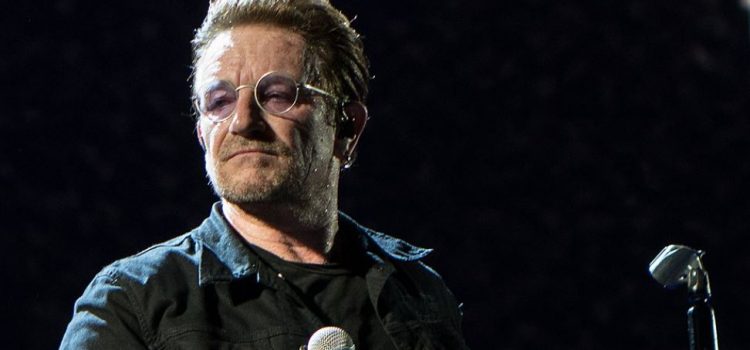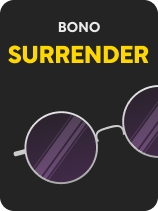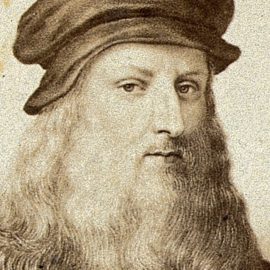

This article is an excerpt from the Shortform book guide to "Surrender" by Bono. Shortform has the world's best summaries and analyses of books you should be reading.
Like this article? Sign up for a free trial here.
Who is in Bono’s family? What fears did Bono have about fatherhood?
Bono’s family is comprised of his wife Ali, their two daughters Jordan and Eve, and their two sons Elijah and John. Bono discusses what it’s like to have a family while in the limelight in his memoir Surrender.
Let’s take a look at Bono’s family and how he handled fatherhood as a rockstar.
Bono and Ali
In his memoir Surrender, Bono’s discusses his family, starting with how his marriage to Ali helped him explore his childhood trauma, his anxieties about being a rock star dad, and how he and Ali grew into being parents.
Bono and Ali married in 1982, and as U2’s popularity grew, Ali and the band became Bono’s real family. Ali helped Bono realize that due to the trauma of losing his mother, a part of him hadn’t grown out of childhood. When Bono looks back at the anger he’d directed at his father during his teenage years, he concludes that the irrational child deep inside him blamed his father for his mother’s death. Though he’d transferred his love for his mother onto Ali, he’d still never processed his feelings toward his father.
(Shortform note: Bono’s observations about his own development align with those of psychologists who argue that people who experience trauma when they’re young can get trapped by their childhood coping mechanisms. One way that children avoid dealing with emotions is by projecting blame onto a parent, as Bono says he did toward his father. This makes the grieving process even more difficult, because moving beyond the death of a loved one requires acknowledging your feelings and accepting emotional support, neither of which was allowed or available in Bono’s family after his mother’s death.)
Bono and Fatherhood
Though Bono was deeply in love with Ali and cherished their marriage, he was unsure that he could be a good father. Since Bono’s father had been so distant after his mother’s death, Bono never learned what a caring, loving father should act like. Once Ali became pregnant, Bono remembers feeling happy, but frightened—what if he couldn’t cut it as a dad, and what if their child was as angry and awful as he’d been toward his father growing up? He feared that parenthood wouldn’t be compatible with his rock-and-roll lifestyle, in which he’d be absent for months at a time touring and recording with the band.
(Shortform note: Bono’s fears about not knowing how to be a parent are both valid and common. In The Book You Wish Your Parents Had Read, Philippa Perry acknowledges that how you were raised will affect your own parenting, but if you examine and address the feelings from your childhood, you’ll be able to avoid repeating negative patterns. For someone raised in an emotionally stifling environment, the challenge will be to acknowledge and respect the emotions your children are feeling, as well as to help them articulate what they feel. Perry asserts that parents shouldn’t see children as something to manage but instead should view them as individuals with whom you mean to form a lifelong connection.)
Despite Bono’s fears, he and Ali became parents, with two daughters born in ’89 and ’91, followed by sons in 1999 and 2001. They didn’t want their kids to grow up with the privilege and stigma of being a famous person’s children, so they chose to raise their family in Dublin, where Bono says that fame isn’t some kind of holy grail and that everyday people are valued just as much, if not moreso, than celebrities. After getting over his initial misgivings, Bono learned the value of parenthood. According to him, becoming a parent made him grow up while reminding him of the innocence of childhood—all of which fed his creativity as an artist.
(Shortform note: Many children of famous parents have struggled with forming their own identities outside of their family relationships, regardless of where they grow up. However, from a cultural standpoint, Bono isn’t the only one to observe that fame and celebrity aren’t revered in Ireland as elsewhere. In interviews, Bono’s children—who’ve followed their parents into social work and performing arts—have commented that while their father’s fame opened some doors, they were able to lead relatively normal childhoods. This normalcy may have freed the family to engage in a way that fed Bono’s creativity—experts say that regularly interacting with children can help parents relearn emotional expression and playful exploration.)

———End of Preview———
Like what you just read? Read the rest of the world's best book summary and analysis of Bono's "Surrender" at Shortform.
Here's what you'll find in our full Surrender summary:
- The memoir of Irish rockstar Bono, and the band U2
- How Bono balanced fame with fatherhood, marriage, and religion
- How Bono used his fame to become a voice for activist groups






